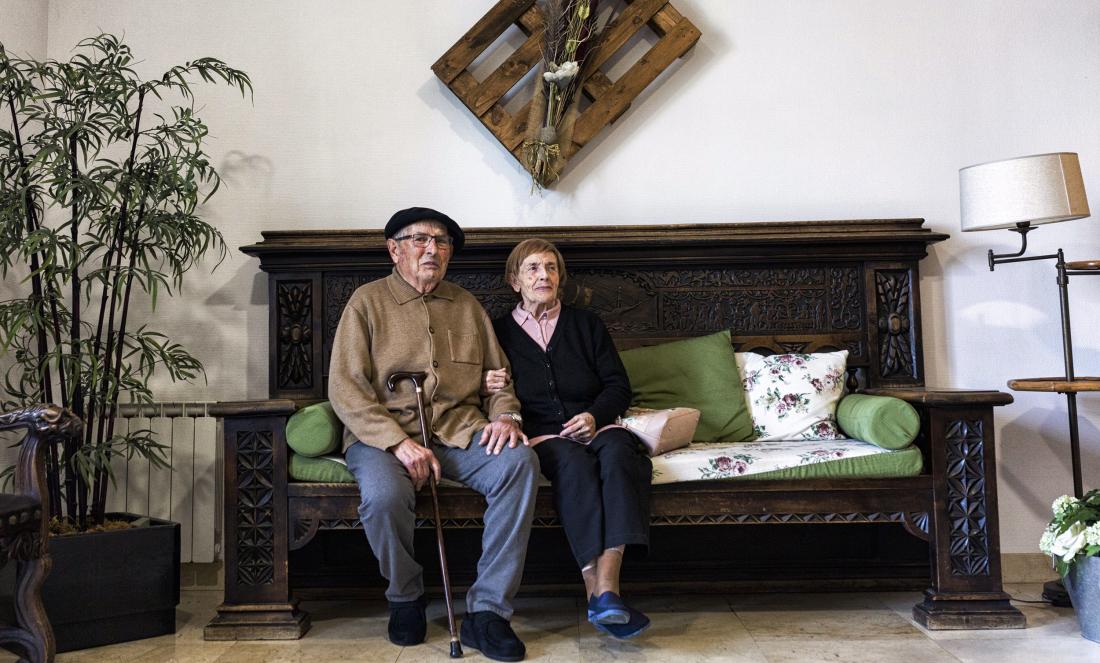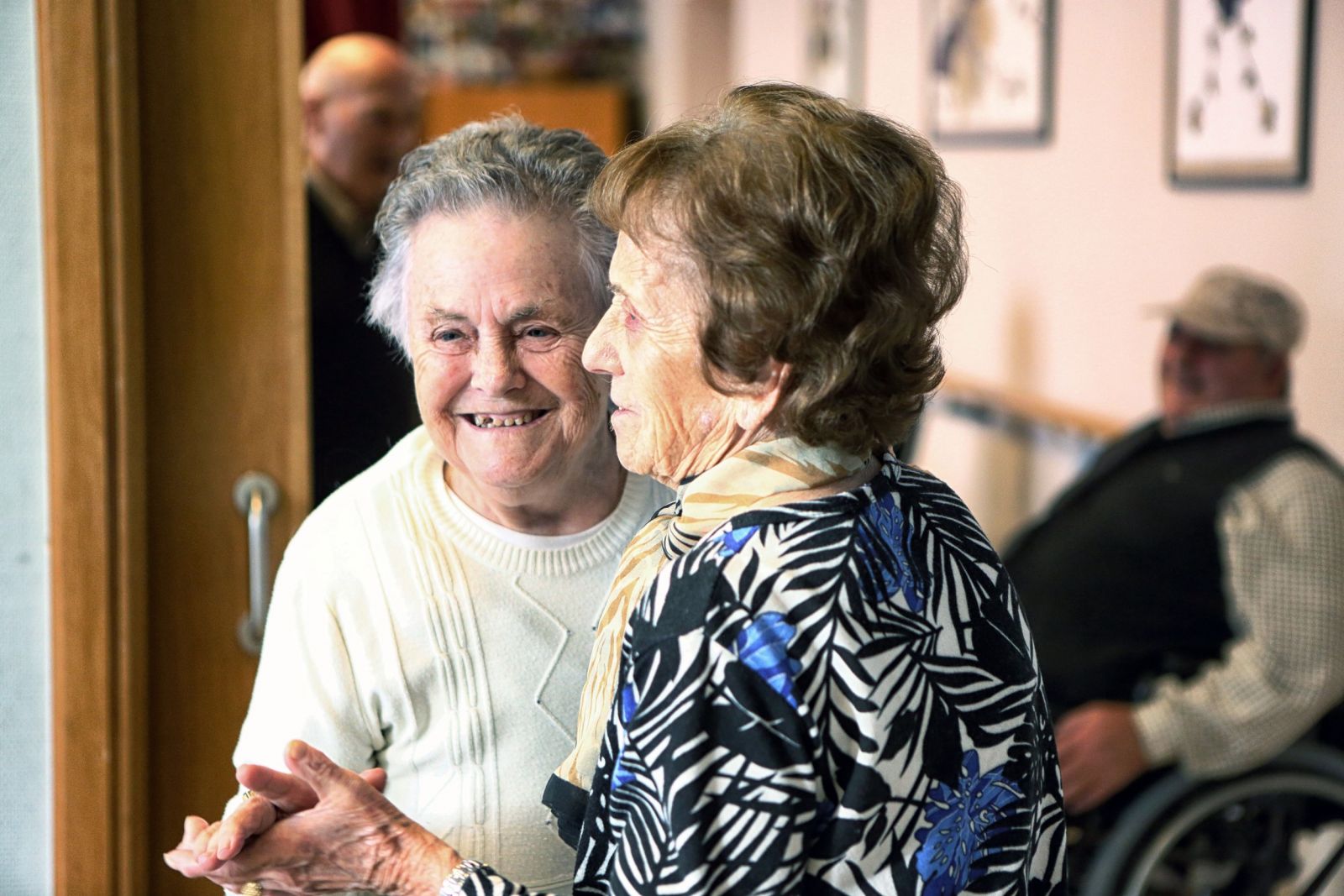
Home: a place of shielding and freedom
I’m writing these words from the Isle of Skye where I arrived yesterday to visit family for the weekend. Every time I come to Skye I have a sense of coming home.
As the child of two Skye parents my life-story is punctuated by journeys ‘home’ to Skye; not least the activity of packing and going on the seemingly never-ending journey north from Glasgow. Decades ago, it did indeed feel like an intrepid adventure taking as it did an inordinate 12 hours for one large family to travel by buses and taxi and arrive at the place which for generations my family had called theirs. I possess memories of ridiculously hot summers spent with grandparents who seemed to me already ancient beyond years; I resurrected my Gaelic by listening in on the latest gossip; I gained insight into the strong cultural dialects of church and tradition, of music and poetry; I have memories of the rituals of crofting as my eldest son father took his part in shearing sheep, repairing byres and erecting fences.
As I grew up I recognised that deep within me was an inner truth that I sensed a wholeness of self only when I was in that space of open glens and brooding mountains, breathing in a beauty so raw it’s reality caught your breath, witnessing the vibrant power of nature in daytime storm and evening calmness. I also sensed a need to be away, to be distant, to be free and far. I now know that this was a sense of ‘home’ which despite all efforts I did not have away from this space.
To return home restores and renews, it re-invigorates, and it gives balance. I know acutely that this is not true for all and I am not blind to the brokenness of my own story. Home is not always a place of happiness but can be a harbour of hurt and a painful prison. But I also know from years of conversations with those who have never found a space to be themselves, and to feel secure and safe, that there remains a yearning and a desire to find that space which we often call ‘home.’
In this last week I have been reflecting with many others about the value of home.
I am especially mindful today of those who have spent months shielding themselves from Covid and who are being ‘allowed out.’ That is the phrase used by someone who wrote to me this past week. Fiona is receiving treatment for cancer and has been unable to go and see her father in a care home not just because the care home has been closed but because she has been shielding herself in her own home. She reflected in her letter the way in which she feels safe and secure, protected from harm and the unknown of this virus behind her windows and doors. She reflected that she was concerned about how she would cope with being away from that place of protection; a place where in her own words she has ‘cocooned herself from harm’.
Our home is a place of memory and belonging. It is not just a construction of brick and mortar, of stone and wood, though the physicality is part of what makes a place special. Home is a place and space which enables us to be authentically who we are as a person. It should be a place that we feel protected, able to be who we are without mask or pretence, able to be at ease inside our own skin.
But I also recognise that the best homes are places which enable you to have a sense of confidence and freedom to go out into the world to be changed and to grow, to fail and to flourish, and in both to be able to return with the confidence of acceptance, welcome and warmth.
So, I am thinking of those who are making that journey out today for the first time from the place of shielding to encounter and engagement with others. It is one which will no doubt be faltering at first but which I hope the rest of society will support not least by adhering to the safe practices which will keep us all safe from this virus.
But I am also thinking today about what home has felt like for those who have been caring for a loved one in their own homes. Many of them lost the packages of support which they had before the pandemic and these are only slowly getting back. Others chose to cancel care packages because they feared that workers would bring in the virus and these have still in most instances not been renewed. I am very aware from conversations this week that family and ‘informal’ carers across Scotland are exhausted and at the stage of really needing immediate support. The task of caring for a loved one is draining and depleting even of the energies of loving. Yet day centres remain closed and many sources of traditional respite are shut off to carers, including many care homes. There are older Scots at home who today are anxious about getting access to their GPs, unsure about when the podiatrist or community physiotherapist will next see them, who know that their own health has been affected by lockdown whether as an individual or as a carer or as someone who has been technically shielding.
Lastly when I reflect about ‘home’ today I am thinking of all those who I have spoken to and been in communication with in the last week about the place which their mother or father, wife or husband, grandparent has called home – their care home.
Yet another week has passed, and we still have not had an announcement about what date residents will be able to be visited inside their care home. I have said before and I fully acknowledge the need to carefully balance the risk of the virus getting into our care homes with the desire and urgent imperative to restore the rights of family and residents to be re-united. I am not naïve to the hardness of these decisions, but I am increasingly concerned that our scientists and others are not aware of the damage and effects of separation. There are thousands who have not seen a family member for 21 weeks. Their care home is their home, a place of security and safety, a place which they have been protected in despite the ravages of this disease.
There is a growing sense of anger and frustration that as the rest of society prioritises children going back to school and as snooker halls and bingo, funfairs and casinos are given dates for opening, we still do not have a date to restore life to our care homes, to allow indoor visiting, to inch closer to making our care homes back into real ‘homes.’
Home is a space and place, a feeling and sense of being at ease and secure, of being able to become who you are and be what you dream of. Home is a place of memory and dreaming, of creating and growing. But home does not just happen – it is a work of heart and soul, of sinew and sacrifice.

Home is the labour of those who feel the need to root their loving and compassion into a place and space, to create a cradle of belonging for family and friend, stranger and guest . When I close my senses there is only one place which webs me together. In that I am lucky. For at least a couple of days I am ‘home’ but with the conviction that we must restore and affirm that sense of home to and for all.
Original source: Scottish Care.


Add new comment